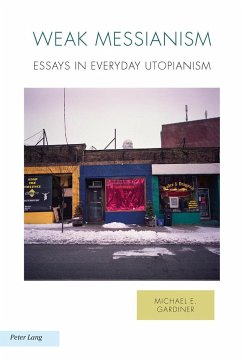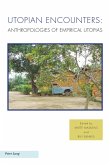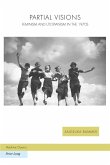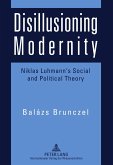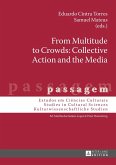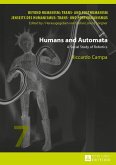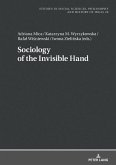This volume explores the connection between two phenomena usually thought to be utterly incongruous, even antithetical: 'utopia' and 'everyday life'. It presents a series of essays, written over the last twenty years, which rethink the nature and prospects of utopianism in a world that has grown increasingly sceptical as to the possibility of systemic socio-political transformation in a positive direction. Through critical interdisciplinary engagements with a wide variety of thinkers ranging from Mikhail Bakhtin to Henri Lefebvre and beyond, many of whom are often read as anti-utopian figures, the essays argue that it is possible to locate utopian promises buried deep within the embodied rituals, practices and symbolic forms associated with everyday existence, in a manner that reveals the essential openness of the present day to momentous future change.
«Michael E. Gardiner's critically informed and conceptually innovative forays into the work of Bakhtin, Merleau-Ponty, de Certeau, Debord and the French Surrealists, Heller and Fehér and - above all - Henri Lefebvre, do far more than evince a masterly and encyclopaedic grasp of his topic: they define the boundaries of a new field of inquiry, while linking the project of utopian studies to an ambitious revaluation of the import of some of the vital thinkers of the twentieth century. An indispensable book.» (Antonis Balasopoulos, Associate Professor of Comparative Literature and Cultural Studies, University of Cyprus, editor of 'Intellectuals and the State: Complicities, Confrontations, Ruptures')
«Gardiner's 'Weak Messianism', written with wit and rigour, is an indispensable resuscitation of the critical and productive possibilities of utopianism within twentieth-century critical thought. I wish there were more scholars like Gardiner - erudite, knowledgeable and with a heart and mind dedicated to rescuing the shards of hope from the rubble of modern life. In Gardiner's hands social theory has never been more necessary or more exhilarating.» (Ben Highmore, Professor of Cultural Studies at the University of Sussex, author of 'Ordinary Lives: Studies in the Everyday')
«Not only does Michael E. Gardiner challenge many common suppositions about both utopia and everyday life, but he also offers vital signposts for developing a utopian social theory that refuses claims that 'there is no alternative' to a suffocating neoliberal order, and that seeks openings here and now for radically different ways of living.» (David Pinder, Reader in Geography, Queen Mary, University of London, author of 'Visions of the City: Utopianism, Power and Politics in Twentieth-Century Urbanism')
«Gardiner's 'Weak Messianism', written with wit and rigour, is an indispensable resuscitation of the critical and productive possibilities of utopianism within twentieth-century critical thought. I wish there were more scholars like Gardiner - erudite, knowledgeable and with a heart and mind dedicated to rescuing the shards of hope from the rubble of modern life. In Gardiner's hands social theory has never been more necessary or more exhilarating.» (Ben Highmore, Professor of Cultural Studies at the University of Sussex, author of 'Ordinary Lives: Studies in the Everyday')
«Not only does Michael E. Gardiner challenge many common suppositions about both utopia and everyday life, but he also offers vital signposts for developing a utopian social theory that refuses claims that 'there is no alternative' to a suffocating neoliberal order, and that seeks openings here and now for radically different ways of living.» (David Pinder, Reader in Geography, Queen Mary, University of London, author of 'Visions of the City: Utopianism, Power and Politics in Twentieth-Century Urbanism')

